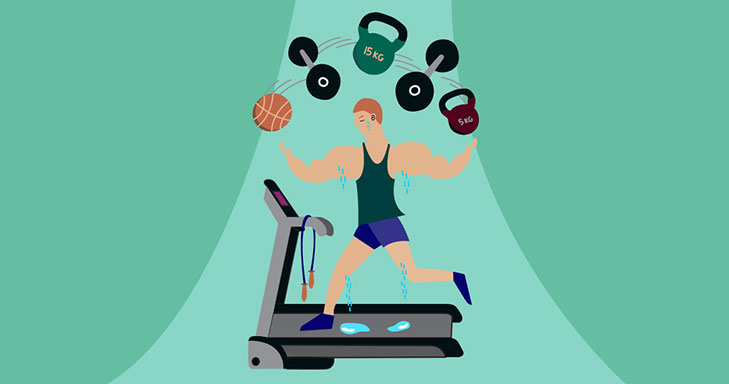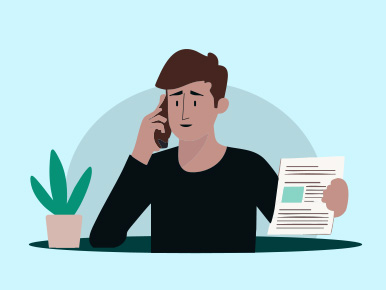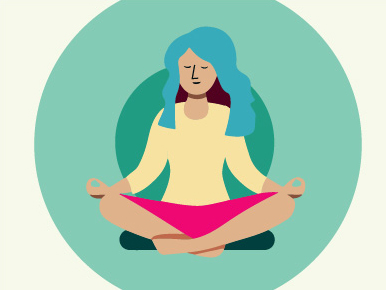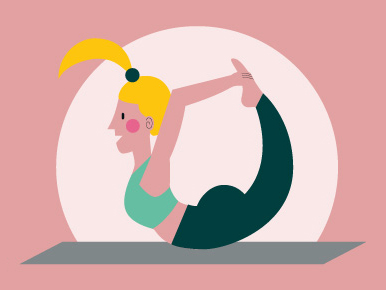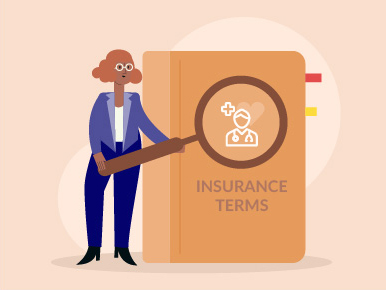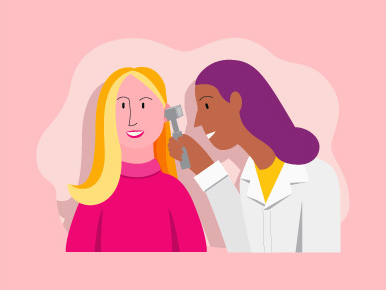Looking for ways to stay fit but don't have a lot of time to spare? We hear you — there are only so many hours in a day to get everything we need done. And motivation and time management are often two of the biggest obstacles to fitness.
The good news is that you may not need much time at all: according to the HealthEd, two and half hours of moderate exercise spread throughout the week is enough for most adults. And even if your schedule is tight, there might still be ways to fit in some exercise every day.
Read on for some great tips from New Zealand insurance providers, to get you started.
Create a fitness plan
Have you been putting fitness on the back burner, waiting for a less busy time to arrive? The reality is, modern life is hectic and making time to work out can be challenging. If you'd like to jolt your motivation level, then a fitness plan is probably a good place to start.
In this article, AIA Vitality Ambassador Laura Henshaw shares her practical advice for creating a fitness regime to enjoy and stick to. It starts with figuring out your 'why' — what's motivating you to exercise. Then, as empowering as big goals might be, Henshaw recommends setting small goals instead, so you can feel like you're making progress.
As she puts it, “If you set a goal to run a marathon but you've never run before, it will be really easy to lose motivation and give up.”
Aim for holistic health
According to insurer Accuro, a good way to approach health and fitness is to understand how body, mind and spirit are connected to one another. So being your healthiest self is not just about exercising for 30 minutes a day (although that helps, of course), but rather creating healthy habits in different areas of our lives.
In other words, it's not so much about time (or lack thereof), but more about mindset. And on this note, Accuro recommends being intentional but without taking yourself too seriously: “Remember it takes 66 days to form a new habit so have some grace with yourself as you implement your chosen healthy habits into your daily routine. If it were easy, everyone would be living their healthiest lives already.”
Try an app
Everyone is different: some people find gym memberships to be an incentive to get up and exercise; but for others, that type of commitment is just too difficult to stick to. Could an app be the solution?
Nowadays there are fitness apps for any level, budget, and taste. And most importantly, you can use them whenever you have a moment, at home or during your lunch break at work. Not quite sure where to start? Health navigator has some tips to help you choose the most appropriate fitness app for your goals.
Make the most of your workday
If you travel to work, what if your commute was an opportunity to exercise? And what if we told you that you could easily work out while you're at work?
Both AIA and nib, for example, suggest hopping off the bus a few stops earlier or parking a little further away, and powerwalking the rest of the route. A quick stroll around the block on your lunch break, taking the stairs, or scheduling walking meeting are all good ideas. And if you're working from home, you may even consider having your phone meetings on the go.
Plus, if you'd like to add in some weight, you don't need dumbbells: “Need to pick up a few groceries on the way home? Excellent — those shopping bags will add a challenging weight-bearing element to your walking workout, and you can even try the odd bicep curl with them as you power home.”
Choose something you enjoy
Can't find the motivation to run, especially after a long day at work? It might be that you don't like running, after all.
As sports physio Rebecca Dodson explains in her article for insurer Asteron Life “if you choose something that feels like a chore, you find ways to avoid it.” So, better choose an activity you like, and why not, find an 'exercise buddy' to help you stick to your goals.
The benefits of walking
According to insurer Southern Cross, walking is the 'exercise for people who hate exercise'. And there are countless benefits to it.
It's convenient, because anytime can be walking time. It's good for your heart, lungs, and bones, as it helps you maintain bone density and avoid osteoporosis. Plus, walking regularly can reduce the risk of stroke, high blood pressure, cancer, anxiety, arthritis, and Type2 diabetes. And let's not forget, it's also free.
Keep track of your physical activity
Do you use wearables like smart watches, fitness trackers or heart rate monitors? According to NZProtein, having a clear picture of how much or little of an activity you do can help you stay on track and make positive changes for your health.
Many wearables, for example, track your activity, sleep patterns and calories burned, encouraging you to achieve a more active lifestyle.
Staying healthy while travelling
Lastly, whether you travel for work or leisure, there are ways to stay in shape on the go.
Insurer Chubb Life recommends planning your exercise in advance, based on the destination. For example, if you're staying in a hotel with a gym, you can plan some time each day. If your destination is in the mountains, there might be plenty of biking, hiking and jogging to do around. And if you're at the beach, why not take a walk or swim?
We're here to help
We can't help you with your fitness goals, but we know a thing or two about protecting your financial health.
Looking at getting life cover? Or maybe you already have it and would like to review your policy? Our Quote compare tool is a good place to start, but we're also real people happy to help other real people. Call our friendly insurance advisers on 0800 800 400, start a Live Chat or fill in our contact form to get in touch with our team.
Disclaimer: Please note that the content provided in this article is intended as an overview and as general information only. While care is taken to ensure accuracy and reliability, the information provided is subject to continuous change and may not reflect current developments or address your situation. Before making any decisions based on the information provided in this article, please use your discretion and seek independent guidance.

